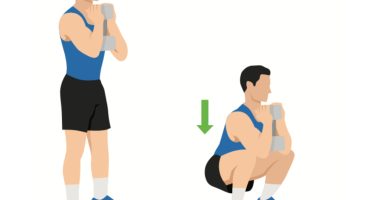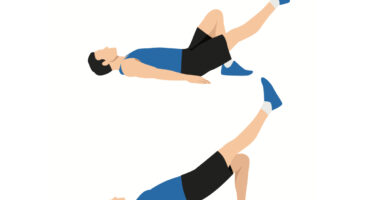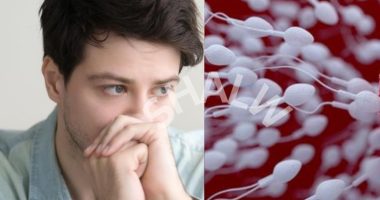Drinking too much water erectile dysfunction – We all know that drinking water is important for our overall health. But did you know that it can also have an impact on your erectile dysfunction? That’s right – research has shown that there is a link between hydration and sexual function. So if you’re struggling with ED, one of the first things you should do is make sure you’re drinking enough water. In this blog post, we’ll explore the link between water and erectile dysfunction in more detail. We’ll also provide some tips on how to stay hydrated and improve your sexual function.
What is erectile dysfunction?
Erectile dysfunction (ED) is the inability to get or keep an erection. It can be caused by physical problems, psychological issues, or a combination of both.
Physical causes of ED include:
– Atherosclerosis (hardening of the arteries)
– Diabetes
– High blood pressure
– Obesity
– Parkinson’s disease
– Peyronie’s disease (a condition that affects the shape of the penis)
– Prostate cancer surgery
– Sleep disorders
Psychological causes of ED can include:
– Anxiety
– Depression
– Guilt
– Low selfesteem
– Relationship problems
ED can also be caused by certain medications, such as antidepressants, blood pressure medications, and ulcer drugs. In addition, chronic stress can lead to ED.
What causes erectile dysfunction?
Erectile dysfunction (ED) is a common condition that can be caused by a variety of factors. These include physical problems like diabetes or heart disease, psychological problems like anxiety or depression, and lifestyle choices like smoking or drinking too much alcohol.
One of the most common causes of ED is vascular damage. This can be caused by atherosclerosis, which is the hardening and narrowing of the arteries. This restricts blood flow to the penis, making it difficult to achieve or maintain an erection.
Another common cause of ED is nerve damage. This can be caused by diabetes, multiple sclerosis, pelvic surgery, or radiation therapy for cancer. Nerve damage can also be the result of injury to the penis or spinal cord.
Emotional and psychological factors can also contribute to ED. These include stress, anxiety, depression, relationship problems, and performance anxiety. In some cases, erectile dysfunction may be the first symptom of an underlying emotional or mental health issue.
There are many effective treatments for erectile dysfunction. These include oral medications like Viagra, Cialis, and Levitra; topical therapies; penile injections; vacuum pumps; and surgery. Talk to your doctor about your options to find the best treatment for you.
Can drinking too much water cause erectile dysfunction?
It is a common myth that drinking too much water can cause erectile dysfunction. However, there is no scientific evidence to support this claim. In fact, dehydration can actually lead to problems with sexual function.
Sexual function requires a healthy blood flow to the genitals. Dehydration can reduce blood flow and affect erection quality. Drinking plenty of water is important for maintaining good circulation and preventing erectile dysfunction.
How to treat erectile dysfunction
Erectile dysfunction is a common problem that can be caused by a variety of factors. Treating erectile dysfunction often requires a multi-pronged approach, and addressing underlying health conditions is an important first step. Drinking too much water can actually lead to erectile dysfunction, as it can cause the body to flush out essential minerals and nutrients. If you think you may be drinking too much water, cut back on your intake and talk to your doctor about other potential causes of your erectile dysfunction. Home
Conclusion
Drinking too much water can lead to erectile dysfunction, as it can cause the body to become dehydrated. In order to prevent this from happening, it is important to drink plenty of fluids throughout the day and avoid drinking large amounts of water at once. If you are experiencing erectile dysfunction, it is important to see a doctor so that they can determine the cause and provide you with the appropriate treatment.









